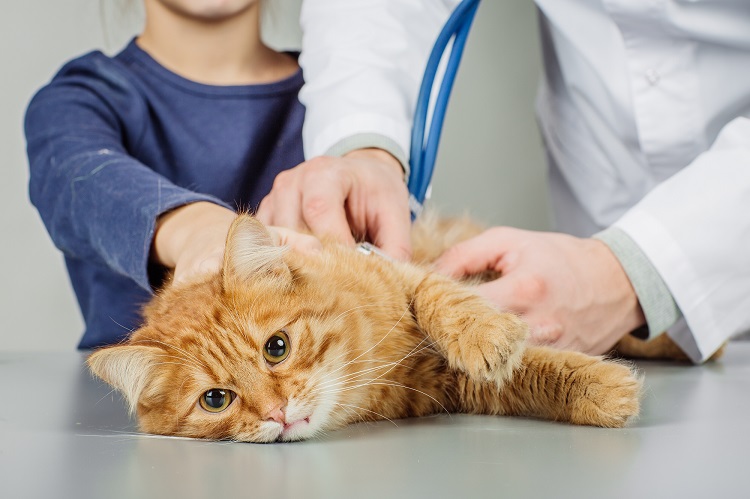
Feline Immunodeficiency Virus (FIV) ,also known as Feline aids, has risen in numbers in recent years. FIV has a lot of similarities compared to HIV in humans. However the disease is species specific and can not be transmitted to other species.
HIV is a lentevirus. A lentevirus is a type of retrovirus, with a long incubation period and causes debilitating and serious diseases.
How did my Cat get Infected?
Most common cause for infection is via fights between cats. The risks for intact males, that generally likes to roam is therefore increased. Indoor cats risk is greatly reduced. Other causes may also be, transmission from mother to kitten while giving birth, or via sexual intercourse.
What is the symptoms of HIV?
Cats can be infected for years with FIV before they start showing symptoms. Symptoms can affect several body functions. This is due to the body’s inability to elicit an adequate immune response.
Symptoms include:
- Chronic or recurrent gum and mouth infections
- Chronic respiratory disease. This includes the upper respiratory tract.
- Skin and ear infections. especially resistant fungal infections.
- Weight loss, anorexia or failing to thrive.
- Eye inflammation and infections.
- Intestinal infections. Eg diarrhea, vomiting and anorexia.
- Increased susceptibility to other common viruses.
- Recurrent minor illnesses.
- Fever of unknown origin.
- Enlarged lymph nodes
- Chronic kidney infection.
- Cancer. Particularly Lymphoma.
How do you know your cat has FIV?
If you suspect that your cat has FIV a veterinarian will conduct a full clinical examination.
Based on their clinical findings they can run an in-house blood test to diagnose the illness.
After the diagnosis it is recommended that your veterinarian run a full blood panel. The panel will include a full blood count and a serum biochemistry profile. This is to detect early complications associated with the condition and to start with supportive treatment.
If deemed necessary your veterinarian may also do x-rays, ultrasounds or other tests.
Treatment for FIV:
Cats can carry the virus for several years before starting to show clinical symptoms.
Unfortunately there is no cure for FIV. There is only supportive management and treatment of secondary diseases when they occur.
At home you can feed a balanced nutritious diet, provide an antioxidant rich diet and monitor your cat closely for any signs of secondary diseases. If you notice any signs take him to the vet immediately.
Immune modulator therapy such as interferon can be used to try and improve the immune system.
Prevention always better than cure:
Prevent your cats from roaming. Intact animals roam more than sterilised cats. Intact males are also prone to fight.
Ideally keep your cat indoors or provide a humane fence where your cat can not get out and other cats can not get in.
If your cat is tested positive for the disease, prevent him from having contact with other cats. If you have a multi-cat household all cats should be kept isolated. No new members must be introduced until the last FIV carrier passed away,
Remember if your cat has FIV its your responsibility as an owner to prevent further spread of this devastating disease.